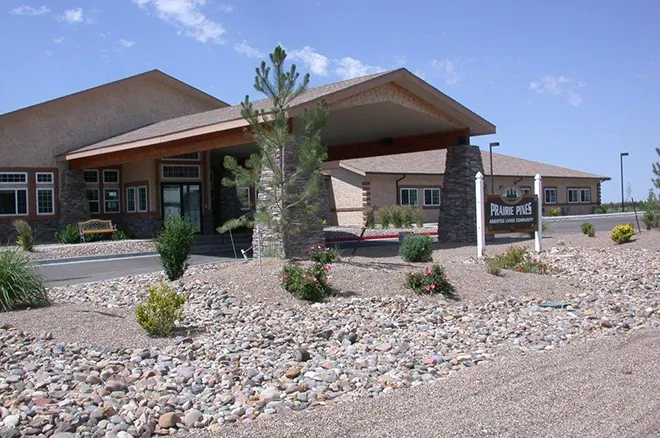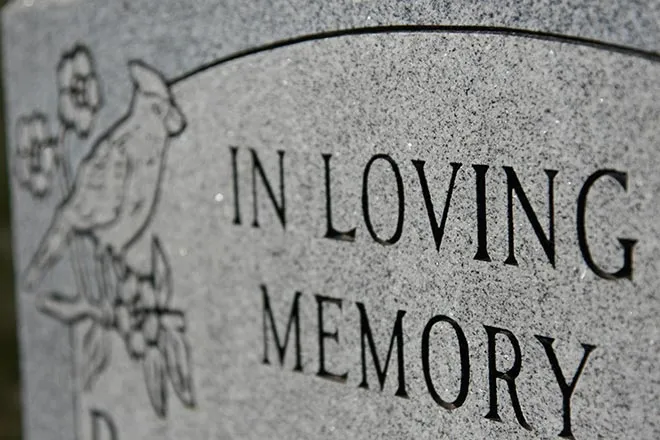
Linly Stum: Evidentiary - Part 15
Part 14 was published January 21, 2024, and can be found here.
Some activities in the last sixty years:
DON’T GIVE UP ON SOMEONE
The adjoining farm on the west side of ours is owned by Ron Buller. Ron lost his first wife to colon cancer, one of the most unpleasant experiences in life. After that, every year at some point, Ron would ask me if I had gotten my colonoscopy. My answer was always no. I didn’t realize that he had been asking me this for 20 years. For some reason in that twentieth year, he asked me twice. I said, "Okay. What do I do?" Of course, he told me to call my doctor and get it set up I did. The result was that I had 12 inches of my colon removed but it was caught in time. The tumor I had was benign at that point, but the surgeon said that particular type of tumor always turns malignant eventually. The lesson here is to have patience and do not give up on somebody because, frankly, Ron's persistence saved my life.
OLD WEST
The first piece of land that Sherell and I purchased in approximately 1961 was the south ½ of Section 9 next to a section of state grass that was acquired at the same time. We didn't know then that was not the best area to try and farm because that area had a couple of old west throwbacks from the 1800s who firmly believed that open range meant that they could graze their herds on anyone's crop.
Later in 1963-64, we got introduced to the dust bowl days from Thanksgiving Day until the next spring when the dirt finally stopped blowing. We burned 11,000 gallons of fuel chiseling fields in an attempt to hold the soil. One of those fields was the south ½ of Section 9 that was joined on the north side by one of those old cowboys who did not make any attempt to stop his field from blowing and covering ours up. One day I saw the old cowboy's pickup at an abandoned house that he owned adjacent to Section 9. I drove over to ask him if there was any chance he would consider chiseling his field at the same time I chiseled mine so we could stop the whole section from blowing. Somehow this wasn't something he had in mind at all, and he became quite angry. I remember the blood vessels popping out on his forehead. He grabbed a piece of metal (not a very large piece) out of the back of his pickup and had the good intention of putting a dent in my noggin. After a couple trips around the pickup, I convinced him that I was going to get back in the pickup and leave. The whole time this was going on, I kept thinking it would not be any problem for me to deal with him as he was not a very large person. He probably weighed 140 pounds and I was probably close to 200 pounds. Why I even thought about it, I don't know, but I thought that if something went bad and we got into a battle, there were no witnesses out there in the middle of nowhere. No one in sight in any direction. I was finally allowed to get in my pickup and leave - and three days later we heard that he had died of a heart attack. Somebody again was protecting me. Another dodged bullet. I do believe that was the only time in the last 60 years that somebody was mad enough to threaten me with bodily harm. I consider myself blessed.
SKEETER SCOTT
Anybody that knew Skeeter Scott knew someone who, at age 75, had the heart and disposition of an 18-yearold kid. I admired him for that. Life for Skeeter was just one fun episode after another.
Skeeter was the scale operator at the Bartlett elevator in Towner in 1948. That was the year of the first huge wheat crop in this area, and the truck line at the elevator was quite long. My job as a ten-year-old was to move trucks ahead in the line as the line slowly crept forward. Someone was supposed to come into town, as they were harvesting just a mile west of Towner, to run the trucks through the elevator and – oops - one of the trucks that I was moving up made it to the elevator and nobody showed up. Skeeter gave me an unmerciful ribbing. I was so petrified that I had a lot of trouble getting that truck in the elevator and on to the truck lift. Twenty years later when I finally got to know Skeeter, I suppose I forgave him then.
COMMUNITY
The hospital room I stayed in after my "Humpty Dumpty" episode was not very big. It was a narrow ICU room with two beds end-to-end. There were large windows with a deep windowsill. I had the room to myself until close to the end of my stay. During that time, the windowsill filled up with flowers from concerned friends and family sending their wishes for a speedy recovery. At one point, I heard someone ask my nurse who had just stepped out of my room, 'Who is that?" assuming I was some prominent person because of the many flowers. The nurse responded, "He says he's a farmer." Sadly, my roommate at the time did not receive one plant, flower or visitor during my stay.
The fact that I received so many well-wishes is not a reflection of who I am, but a reflection of the tight-knit community I come from. In times of need, communities like ours tend to rally around each other and help in whatever way possible. Unfortunately, those from the city rarely experience the sense of community that we have in the country. That event has affected my thinking ever since on how important community is for the social fabric of an area and its people.
I guess one could say I've been a bit blessed and busy.















